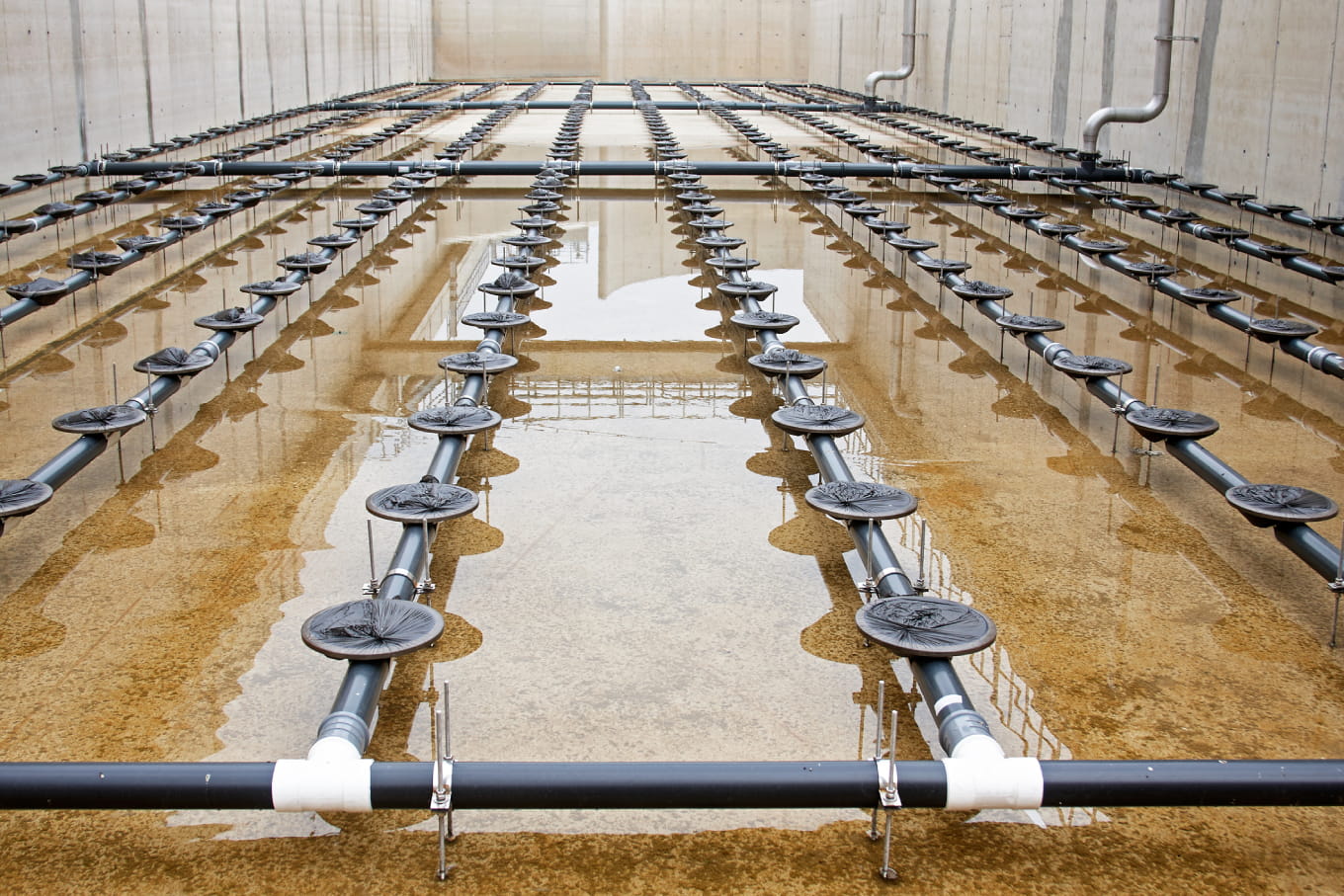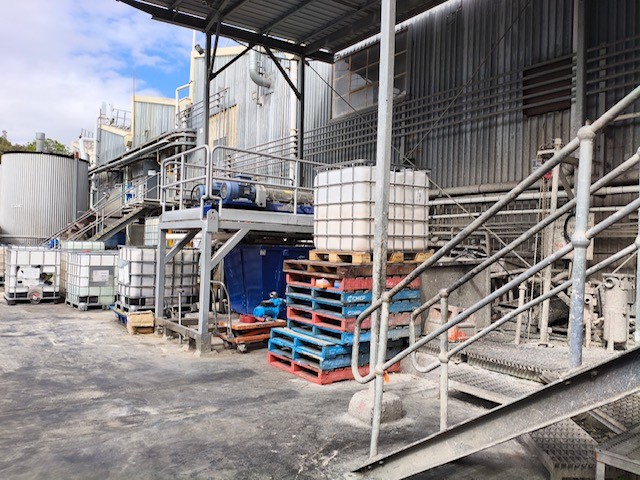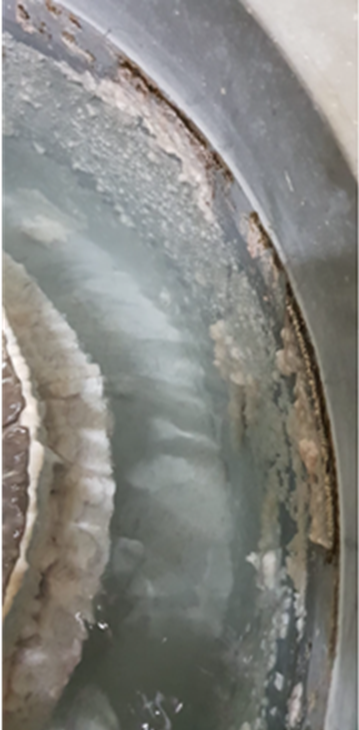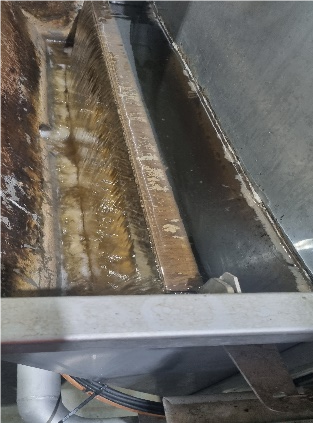- Technology: Flocculants & Coagulants
- Application: Waste Water
- Industry: Manufacturing
Understanding Water Coagulation and Flocculation
Essential in many water and wastewater treatment processes, water coagulation and flocculation each serve a distinct purpose:
Water Coagulation
Water coagulation involves the addition of chemicals to destabilise suspended particles in water. These chemicals neutralise the electrical charges on particles, causing them to clump together and form larger aggregates called flocs.
Water Flocculation
Water flocculation follows coagulation and promotes the aggregation of destabilised coagulated particles into larger, settleable flocs. Polymers play a crucial role in enhancing flocculation efficiency by promoting floc formation and aiding in the settling process.
WTS Water Coagulants and Flocculants
WTS’ water treatment experts have a broad range of water coagulants and flocculants at hand to deal with almost any solids separation scenario in just about every set of water conditions. How these chemicals are applied is critical, requiring a complete understanding of where, when and how much to dose and interactions with other chemicals and hardware.
The following are some of the major chemicals used across most situations.
Polyaluminum Chloride (PAC)
PAC is a versatile water coagulant known for its rapid action and effectiveness in removing turbidity, colour, and microorganisms from water. It destabilises suspended particles, facilitating their aggregation during the flocculation stage for efficient removal.
Ferric Chloride
Our ferric chloride products excel in coagulation and flocculation applications, particularly in wastewater treatment. They effectively bind to contaminants and promote floc formation, resulting in clearer water with reduced levels of suspended solids and organic matter.
Polymer Coagulants
Our polymer coagulants are specially formulated to enhance flocculation efficiency and improve the settling characteristics of flocs. These innovative water coagulants optimise the aggregation of particles, leading to improved water clarity and quality.
Aluminum Sulfate (Alum)
Alum is a traditional water treatment coagulant widely used for its ability to neutralise charges on suspended particles and promote floc formation. Our high-quality alum products ensure reliable coagulation and flocculation performance in various water treatment applications.
Bespoke Coagulants and Flocculants
WTS chemists also have access to other advanced solids settling chemical solutions to cover extreme applications, including extreme temperatures and pH levels.
WTS maintains an extensive library of other advanced water treatment chemistry tools which can be deployed individually, or combined to tackle particularly challenging water chemistry scenarios.





